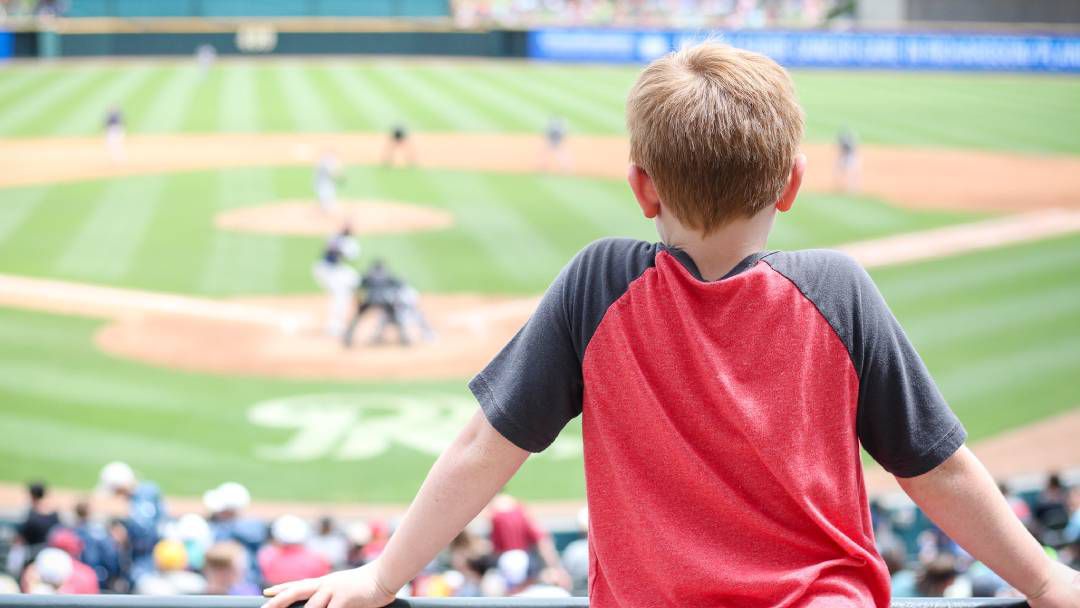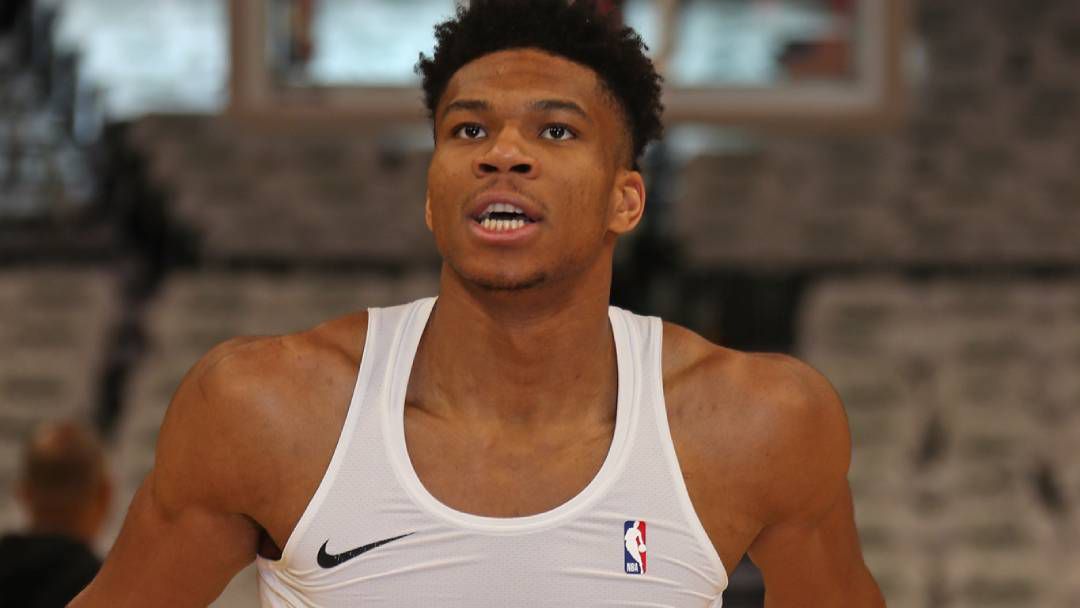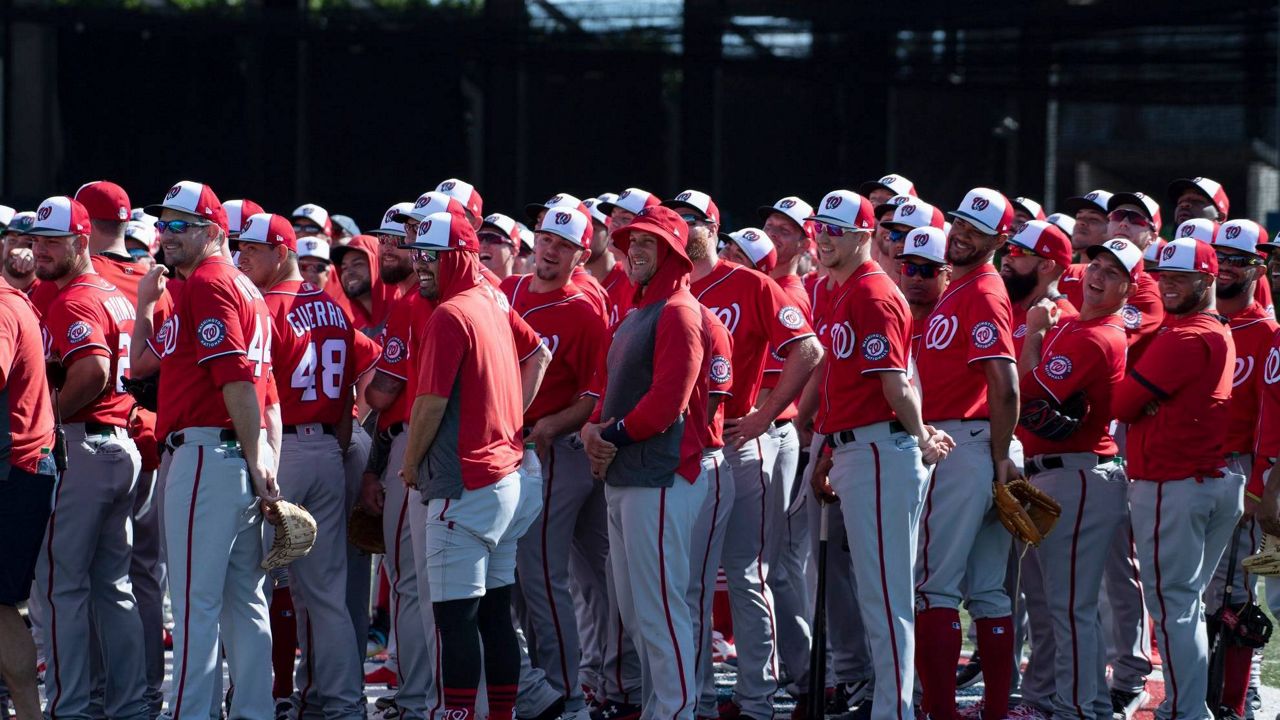As spring training draws nearer for Major League Baseball, all eyes are on Salt Lake City, Utah. As a sports town, "Ski City USA" is best known for Karl Malone’s stifling defense and John Stockton’s dazzling passes — and it’s also home to MLB’s anti-doping facility, the Sports Medicine Research and Testing Laboratory. The SMRTL will be converting a portion of its lab to handle COVID-19 tests for big-leaguers.
In a press release, MLB officials said the league wanted to allow local testing facilities to focus on the general public. All players and game-day staffers — anyone who comes into contact with players — must report for testing no later than Wednesday. It’s unclear as to whether teams will have to disclose the names of players who have tested positive.
On Tuesday, the Toronto Blue Jays and Washington Nationals received approval to use their home parks for spring training, which solves the last major logistical riddles of this bizarre offseason.
The Jays’ plans were held up by COVID-19-related travel restrictions, which have since been resolved. In the case of the reigning World Series champion Nationals, the team was waiting on Washington, D.C., officials to approve a waiver application after Mayor Muriel E. Bowser ordered a shutdown of on-site operation of nonessential businesses.
The Nationals will be without two key players: Longtime infielder Ryan Zimmerman and pitcher Joe Ross have opted out of the season. Mike Leake of the Arizona Diamondbacks and Ian Desmond of the Colorado Rockies are two other big-name players who have decided not to play this season.

For the first time in its 120-year history, there won’t be a minor league season. Minor League Baseball made the announcement on Tuesday, after MLB informed MiLB that they will not be supplying affiliates with players because of the looming threat of COVID-19.
"These are unprecedented times for our country and our organization as this is the first time in our history that we've had a summer without Minor League baseball played," MiLB president Pat O'Conner said in a statement. "While this is a sad day for many, this announcement removes the uncertainty surrounding the 2020 season and allows our teams to begin planning for an exciting 2021 season of affordable family entertainment.”
So, what exactly does this mean for baseball?
On the major league side, teams will be allowed a pool of up to 60 players, with 30 on the major league roster, to start the season. The remaining players will be available on a "taxi squad" to serve as replacements due to injuries or other factors.
Most teams will carry their top-tier prospects on that 60-man pool. Teams are waiting to see how the ever-changing COVID-19 saga develops before addressing the future of player development, as well as the Arizona Fall League, the Winter League and other instructional leagues.
Most teams have agreed to continue to pay minor-leaguers through July, though a few teams, including the Arizona Diamondbacks, Los Angeles Angels and New York Yankees, have not publicly stated whether or not they’ll pay their minor league players.

With NBA teams tentatively set to arrive in Orlando next week, league commissioner Adam Silver has cast some doubt as to whether or not the season will ever tip off. In a TIME100 Talk discussion, the commissioner said he’s not certain the 22 NBA teams who qualified for the relaunched season will even travel to the Disney World complex that will host the teams.
Silver added that even if the players do make it to Central Florida, he could still see a scenario in which the season would be canceled. A “significant spread” of the virus would grind things to a halt, he said.
His comments came on the heels of two more players testing positive for COVID-19. On Monday, a pair of Brooklyn Nets players –– guard Spencer Dinwiddie and center DeAndre Jordan –– both disclosed they’ve contracted the novel Coronavirus.
The NBA recently tested 302 of it players for COVID-19, with 16 coming back positive. Silver called those results “predictable,” based on the broader population.
“Where I’m most relieved,” he told TIME100, “is that among those 16 positive tests, there are no severe cases.”



